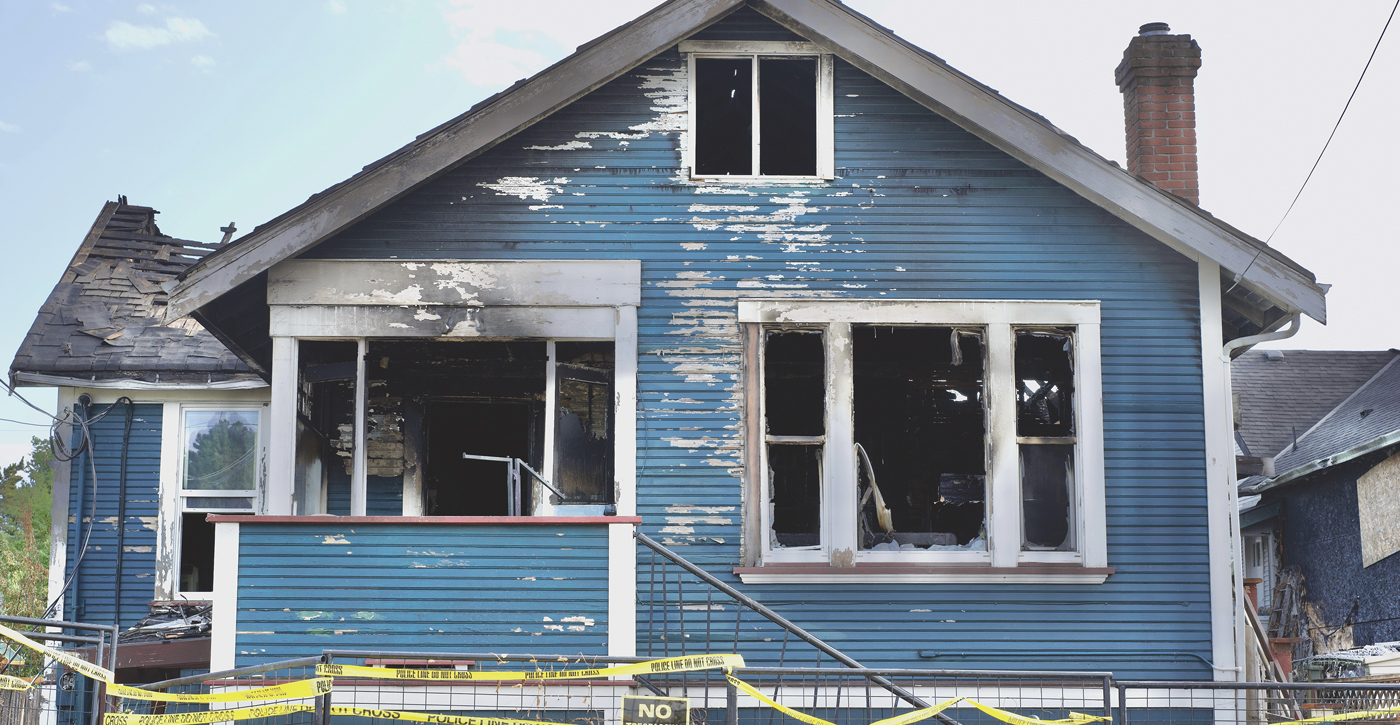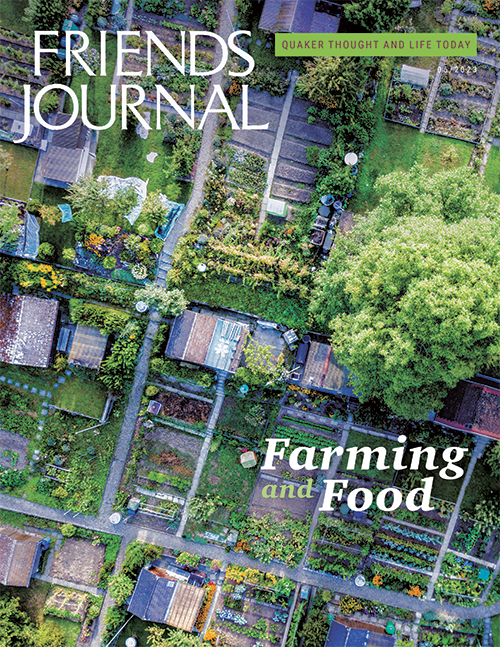Several years ago, in response to my instinct not to tell people what to think but instead to labor with them, a Quaker elder and leader dismissively said, “Oh, I know all about you and how you work.” I was taken aback by this comment, and in the years since, I’ve often thought about how it has affected me. She said, “People want answers; they want solutions.”
I left professional union organizing almost two decades ago because of attitudes like that. The former president of the largest union I was working with at the time (as director of research at a nonprofit organizing fund) had said something about how most people just want to go home and watch tv and are not capable of laboring for justice without strong, instructive leadership to tell them how to think about it and what to do in its name. Justice for this union meant only much-needed increased wages and job security, and nothing more—a strategy that blocks any opportunity for real, democratic collaboration. I hated that attitude then, and more than that, I hated doing other people’s spiritual and justice work for them when I felt that the community growth and solidarity of the work was perhaps more important than any temporary outcome in wages or security. Expressing that belief sometimes earned me personal rebuke and dismissal—as if I, a teenage mother, was not impacted by issues of wages and job security—but I remained unconvinced that the shared labor itself was not the point of our work, and so I left.
But a decade after my departure from labor organizing, that Quaker elder had made me feel small, silly, and dumb for coming forward without a step-by-step solution to anything that plagued me and us. She believed that temporary outcomes are indeed more important than the work. Perhaps, I thought, she is right. There are so many urgent calls for justice in the Quaker community, and it sometimes feels as if we don’t have the capacity to address them all. I have suffered and people I love have suffered as a result of our injustice, our failures to be in right relationship, our shortsightedness, vanity, false innocence, and all the great and mundane ways in which we fail to support each other. These failures can sometimes rival the ways in which we show up and love one another. The house is on fire. It has been on fire for a long time, and we are outside together, watching the embers glow, remembering the dreams we once had for our lives in that house.
In the face of so much brokenness, who am I to want to labor? Am I not clever, am I not powerful, do I not have ready answers when the house is on fire? I have discovered that I am clever, and I am powerful, and no, I don’t have ready answers. Even when the house is on fire, I don’t have ready answers, because after the fire comes the hard work of rebuilding lives, and that isn’t work that one person does for another or one person does for themselves; that is work that requires accompaniment—when people choose to labor and feel together. There must be shared grief and shared building.
I tried to have ready answers. I went to seminary to have ready answers. I am a year away from a doctorate. I give workshops and lectures on topics like shame, trauma, and interpersonal abuse in our community. I am the assistant clerk of my meeting. My attempts at ready answers never work. Nobody’s do. But the magazines displayed at the grocery checkout line sell that promise every month, as does click bait, as do many religious leaders. There’s no grief and nothing to build, only ten easy steps. It is amazing that one might find wisdom that succinct for the price of a magazine.
What I say matters, and I show up and say it, and yet all I have to offer really is my labor and an open invitation to you and to your labor because what you say matters too. I want to build a space for us, with us all, to be clever and powerful together, but this is a world where there are no ready answers; there is, however, accompaniment. We can build our lives together now that our house has burnt down. We can grieve and we can build.
What does it mean to offer accompaniment when so often we have been offered it only to be, in actuality, abandoned in a polite way? For example, in my work for right relationship in Quaker communities in the United States, I have observed a pattern, leading with a Friend’s expressed concern about injustice, or abuse, that prompts a private offer of accompaniment and ends with the concerned Friend either leaving the community, frustrated and sad, or being formally disciplined. The Friend is silenced, along with the concern, and nothing changes. All the while they are told that they are being accompanied, that they are loved and they are virtuous, despite being disallowed to behave in a way they truly feel is virtuous. This is not what real accompaniment is. I think we know that, and we don’t have to accept it when we see it.
In the years since that elder’s comment, I have returned to being the very human organizer, and not the expert advice giver, that I was before graduate degrees or any degree.
Though sometimes that shame comes back because, indeed, sometimes we do want ready answers. I want them. I get tired and I just want to pull out an answer so brilliant it overpowers all the injustice and I can rest easy and stop hurting, stop longing so much for connection with those who cause me harm and cause others harm. I want to learn the rules that will prevent me from being wrong and feeling the shame of being unjust myself. It would be so nice to have the ready answers.
I don’t think we can have the ready answers though. Meaning, belonging, solidarity—the outcomes of real justice—come from being awake and present with each other and believing in a world that is flexible. They come from active, curious, connected accompaniment, as we grieve together in prophetic lament and labor together to build prophetic hope.




Beautiful! Amen.